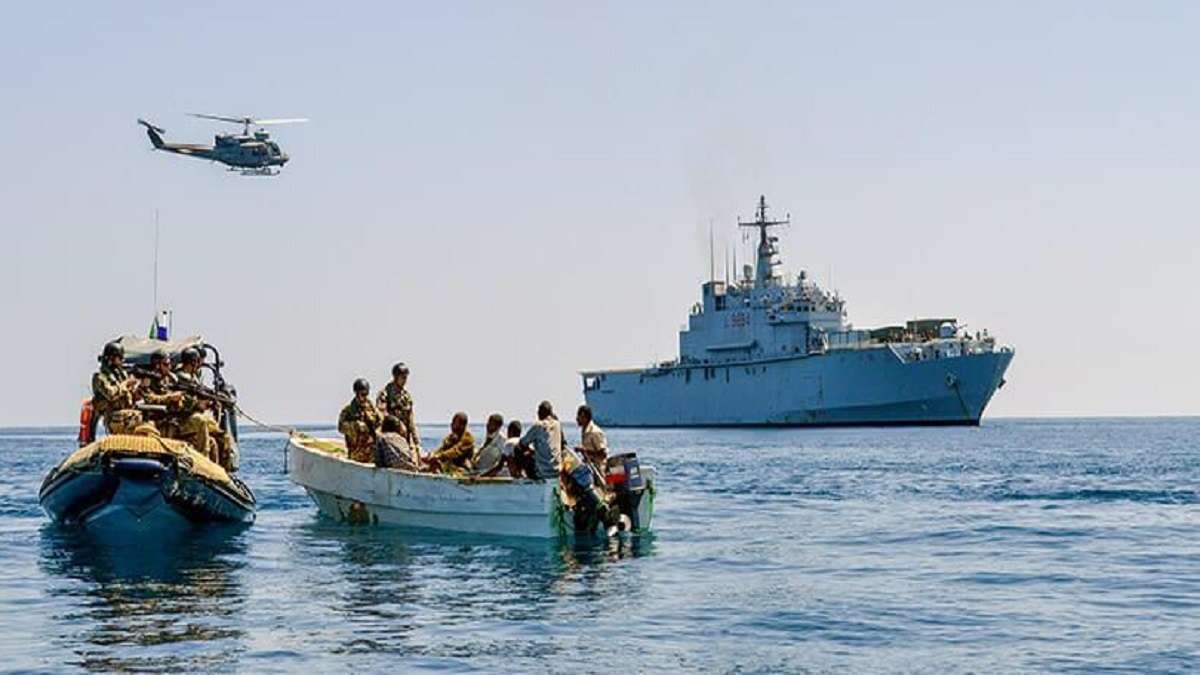Deadly migration route to the Canaries sets alarming record with 5,000 deaths in less than half a year

- More than 5,000 deaths in the first five months of 2024
- A very worrying shortage of resources
- Rising irregular migration, a hot topic in Europe
The growth of migration to Europe is one of the most controversial issues in the Old Continent. While some advocate improving rescue and security efforts to try to reduce the growing number of deaths at sea, others defend the total closure of borders to prevent the arrival of migrants. And in the middle, there are those who, aware of the need for migration in Europe, advocate finding a way to control migratory flows while saving the lives of those seeking a better future.
More than 5,000 deaths in the first five months of 2024
This is the worst figure since records have been kept, an average of 33 deaths per day. Never before have so many lives been lost on what is still the most dangerous migration route in the world, the Canary Route, which connects Mauritania with the Canary Islands. So far this year alone, 154 women, 50 children and 4,850 men have died on this route, according to the Human Rights Observatory of the Caminando Fronteras Collective.

lthough it is not the only route, it is the most dangerous and, at the same time, the one that continues to bring the most migrants into Spanish territory. In the first five months of 2024, just over 18,000 migrants have arrived via the Canary Route alone. This represents almost 80% of the total number of people arriving in Spain via small boats and cayucos, which has received 23,000 migrants, if we add those who have arrived via other routes such as the Algerian Route, which connects Algeria with Almeria and the Levantine coast.
A very worrying shortage of resources
The report entitled Monitoring the Right to Life on the Western Euro-African Border focuses part of its analysis on the lack of search and rescue resources. The number of migrants has increased exponentially, and the percentage of deaths is even worse. Twice as many people have died on the Algerian route alone than during the same period in 2023.
🔴 El año 2024 está siendo el más mortífero en frontera jamás registrado: 5054 personas víctimas en cinco meses #DerechoAlaVida2024 pic.twitter.com/wBMHNbmire
— Caminando Fronteras (@walkingborders) June 12, 2024
Last year's wave of migration had a higher influx from Senegal, while this year the origin of the people arriving at the borders is mostly from Mauritania. In any case, the central message that the NGO intends to send out is that there is "responsibility on the part of states to activate search and rescue resources because no one should die crossing borders".
They insist that this reality cannot be taken for granted. Measures must be taken, because "we cannot normalise these figures", as Helena Maleno, coordinator of this research, explains. It is necessary to provide this type of organisation with more resources to prevent the massive loss of life on this type of route, where many people risk everything they have in search of a better future. This does not mean allowing mass entry through these migratory flows, an increasingly contentious issue in Europe.
Rising irregular migration, a hot topic in Europe
This year, 2024, has brought to the forefront one of the most contentious issues in the entire European Union, if it was not already. While far-right parties - increasingly present in the European Parliament - advocate closing the borders and nipping in the bud a problem that will never be solved in this way, the waves of migration continue, and regulation and aid are presented as the only ways to solve the drama experienced by thousands of people every year.








